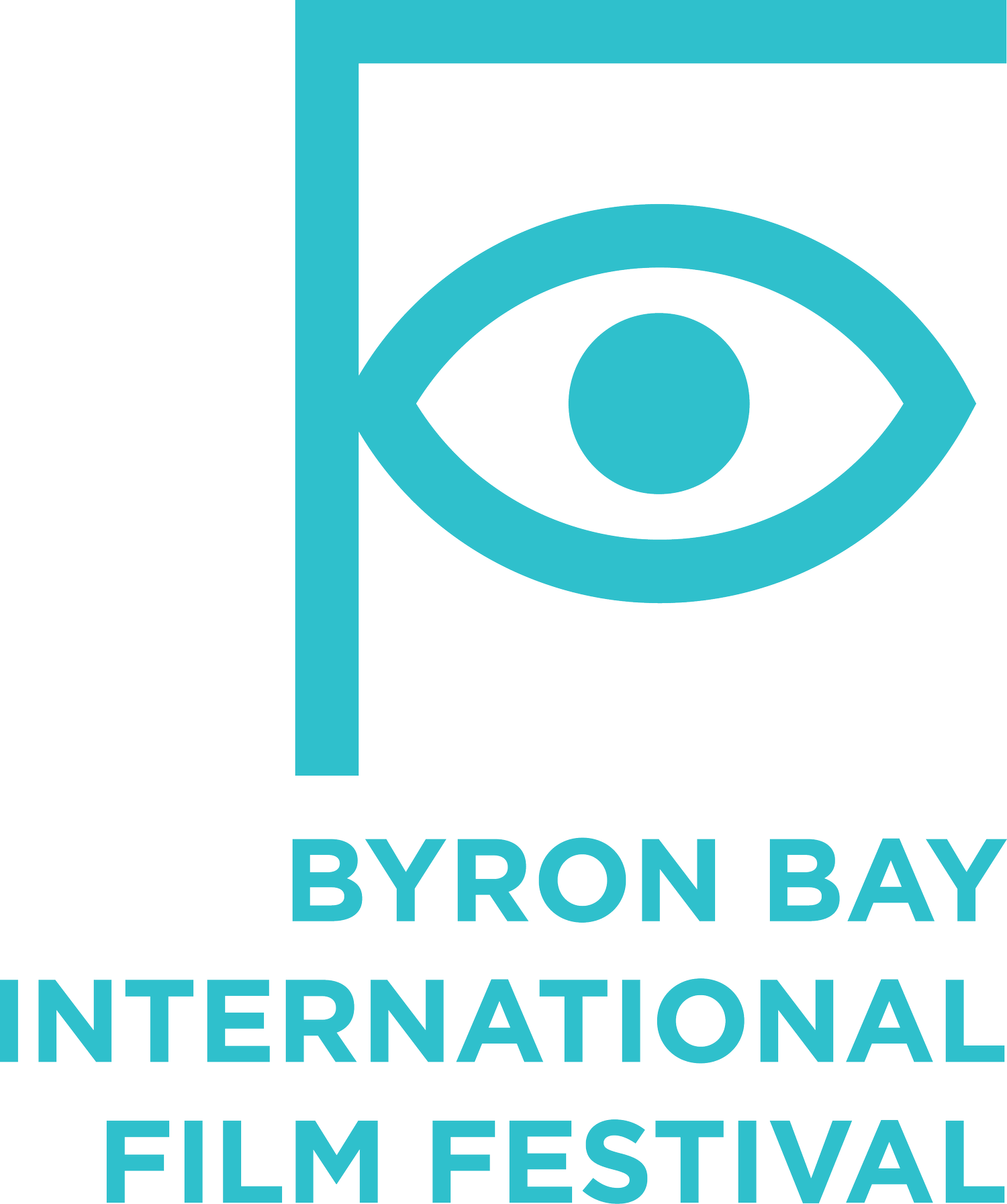BBFF2023 Meet the Filmmaker: Susie Forster
The Last Two Weeks At Longlee
Lee Stephenson, an 82-year-old artist, is dying and wishes to spend her last days at home. Her daughter, Susie, captures this emotional journey as the family unites to fulfil Lee's wish. With COVID-19 restrictions adding complexity, the documentary reveals the power of love and determination in honouring Lee's final desire.
Here’s what we learnt while speaking to Susie Forster about fulfilling her mother’s final wish.
Screening at the Brunswick Picture House
Sunday 29th October at 6:30pm
Buy tickets
How did you come to discover the story in your film?
The story begun as a way to record the quirky conversations I found myself having with mum, I soon realised that I was capturing a window into a world that is rarely viewed. Dying is not a bad thing. Mum wanted to die. And what was very clear is that she wanted to die at home, it was enormously satisfying to be able to give her that.
Have you always wanted to be a filmmaker?
I had recently left my marriage and my business with my ex-husband. I was ready for something new and one day, I pulled a Byron Bay High school newsletter out of my son's schoolbag. A paragraph on the front page read "Are you an unemployed female, aged between 15 and 55? Are you interested in video? Free 6 week course available in Byron Bay". I did the course, wrote a script and the women I did the course with chose my script to make into a short film. I was hooked.
What elements or aspects of your filmmaking style can audiences expect to see in your film?
I describe my style as “observational and lyrical documentary filled with an intimacy that reveals a subject’s inner world”. I frequently collaborate with my daughter, singer/songwriter Domini Forster.
Did you face any challenges when making or developing your film and if so how did you overcome them?
The main challenge was not letting filmmaking come in between my experience helping mum, or her experience of privacy while dying. I found that mum seemed to enjoy the filming, and I could handle being both in the room, present, and filming, at the same time.
Could you share some insights into the teamwork and collaborations that contributed to the success of your film?
My family allowed me to film them in some of the most intimate moments they have ever had. It speaks to a certain trust they have in me, after all these years of being filmed. Which is pretty amazing, really.
Could you share a memorable behind-the-scenes moment while filming that you think the audience would find interesting or amusing?
I did have a huge argument with mum one night, she was being incredibly difficult and demanding so I woke up my step dad shortly after he went to bed, utterly sleep deprived. Roger couldn't hear her and I decided not to get him up until he had had three hours sleep. I later got him up and had to decide if I could handle staying with mum. It was touch and go. The next day I spent down at the river and returned later in the afternoon. My mum saw me out of the corner of her eye and said "Is that you, Suse?" I knew she was going to let the whole thing drop, and I stayed.
Can you tell us about some of the support you received within the Byron Bay community while bringing your film to life, and how has this contributed to the overall success of your project?
I was influenced by doing Zenith Virago's death-walker course, just before my mum died. She supported the media promotion of the film. Alex Warland of Zandra Warland Photography helped me with the process. It really helped bring my interview with mum to life.
Why did you want to be part of BBFF2023?
I love the festival and I want to educate audiences about palliative care at home being such a great option. I didn't know about it before my mum died.
Can you share the catalyst that inspired you to create your documentary and what impact do you hope it will have on viewers?
In Western society, we often avoid discussing death, leaving us unprepared when it comes to end-of-life decisions for those we love. In Australia, one option is state-funded palliative care at home, allowing loved ones to pass away peacefully with professional support in a comfortable, home-like setting.






